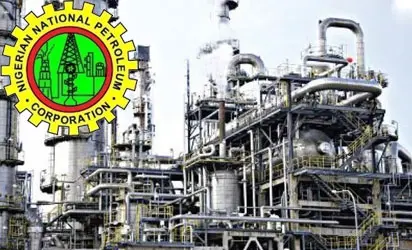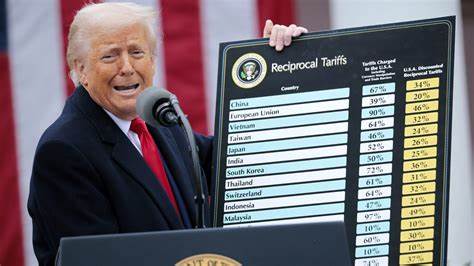Funding for approximately 20 modular refineries in Nigeria, by International financiers, may have been put on hold, due to uncertainties surrounding crude oil supply guarantees post-construction.
According to industry sources, the financiers, crucial for advancing modular refinery projects, are hesitant to release funds until assured of adequate crude oil supply commitments from Nigerian crude producers, primarily international oil companies (IOCs).
Join our WhatsApp ChannelPublicity Secretary of the Crude Oil Refinery Owners Association of Nigeria (CORAN), Eche Idoko, highlighted the predicament: “The challenge is securing a Conditional Term Sheet and Heads of Terms from IOCs, ensuring crude supply upon refinery completion.”
Nigeria, a top African crude oil producer, faces a paradox where it exports the bulk of its crude to earn foreign exchange, leaving domestic refineries struggling to procure USD needed for crude purchases.
Currently, out of Nigeria’s 25 licensed modular refineries, only five are operational, producing essential petroleum products amid ongoing challenges with crude availability.
Idoko emphasised, “Without these guarantees, most modular refineries remain unfinished, stalling progress and economic benefits for the country.”
READ ALSO: NCDMB Receives N450m Interim Dividend from Waltersmith Modular Refinery
The call for regulatory intervention intensifies, with stakeholders urging the Nigerian Upstream Petroleum Regulatory Commission (NUPRC) to enforce crude supply commitments under the Petroleum Industry Act (PIA).
Chief Ukadike Chinedu of the Independent Petroleum Marketers Association of Nigeria, urged the government to prioritise local crude supply to enhance economic stability and reduce dependency on imported refined products.
In response, Gbenga Komolafe, CEO of NUPRC, clarified that while the commission supports domestic refining efforts, it adheres strictly to commercial principles and statutory provisions, refraining from guaranteeing crude supply to non-operational refineries.
“The implementation of the Domestic Crude Oil Supply Obligation under Section 109 of the PIA guides our actions, ensuring operational refineries receive priority crude allocations,” Komolafe explained.
Efforts to align regulatory guidelines with industry demands continue, aiming to bolster Nigeria’s refining capacity and reduce regional reliance on imported fuels.
As discussions progress between stakeholders and regulatory bodies, the fate of Nigeria’s modular refineries hinges on securing sustainable crude oil supply agreements, crucial for advancing economic growth and energy independence.
Emmanuel Ochayi is a journalist. He is a graduate of the University of Lagos, School of first choice and the nations pride. Emmanuel is keen on exploring writing angles in different areas, including Business, climate change, politics, Education, and others.



















Follow Us